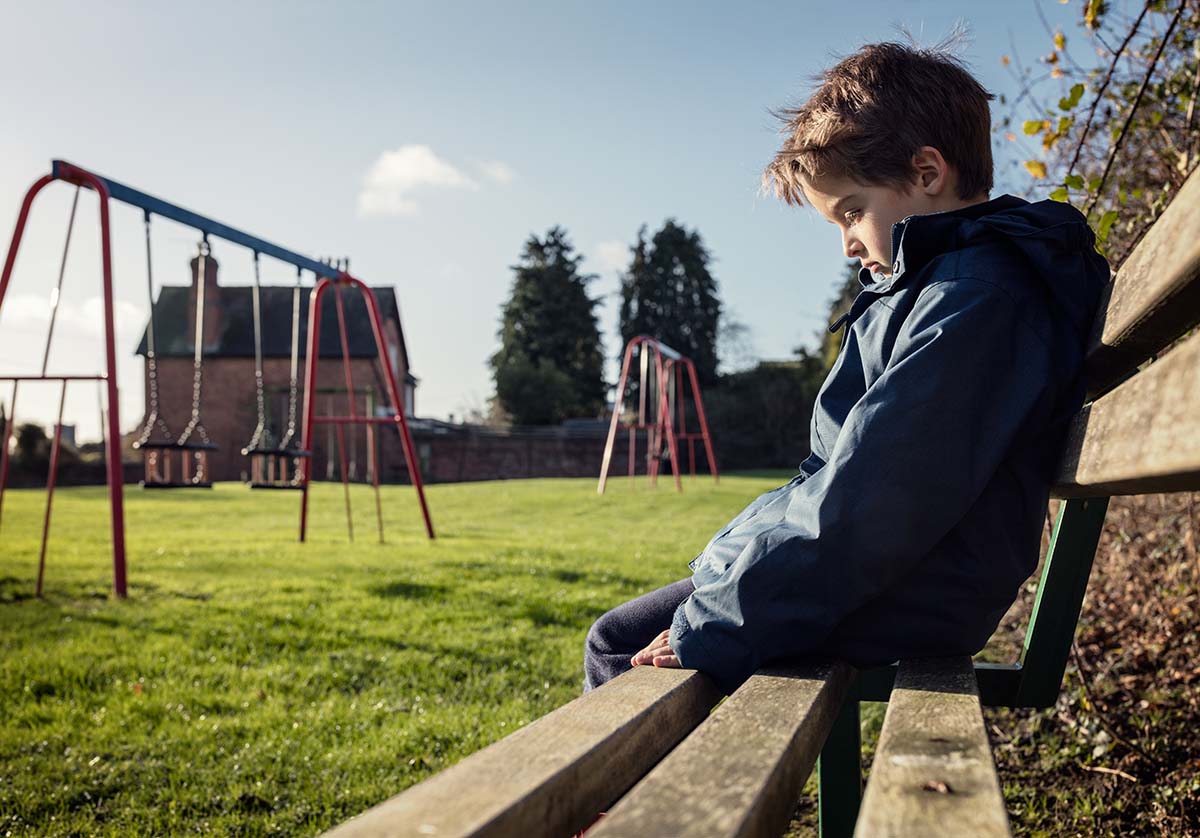Traumatic events from our past do not simply linger in our memories; they can make very real changes to your brain’s actual physiology, many of which make individuals more susceptible to developing substance use disorders. However, multifaceted approaches to recovery can successfully reverse these changes, allowing clients to finally confront both issues and permanently address past childhood trauma. At Gulf Breeze Recovery, our trauma care program is designed to arm you with healthful coping mechanisms. Call our team today at 833.551.2304 to learn about our holistic approach, including scientifically proven neurofeedback therapies that can help you reclaim your life.
How Do I Know If I Need Help Addressing Childhood Trauma?
When we experience traumatic incidents in childhood, we are vulnerable and unable to alter our circumstances, thus increasing the impact of these events on our growing brains. Even if the actual incident is suppressed or forgotten, these neurological changes continue to affect your thoughts, feelings, and behaviors throughout life.
If untreated, childhood trauma can manifest in:
- Post Traumatic Stress Disorder (PTSD)
- Substance Use Disorder (SUD)
- Chronic anxiety, fear, or depression
- Violent behaviors
- Recreated patterns of abuse or neglect
- Attraction to high-risk behaviors such as smoking, promiscuity, or unprotected sex
- Increased risk of chronic illness such as heart disease or cancer
- A tendency towards unhealthy relationships, defined by fear of intimacy or codependency
First Steps in Dealing with Trauma
Drug and alcohol is a common way for adults to self-soothe, although their effectiveness in staving off the symptoms of trauma is short-lived. This is one of the most common ways individuals enter a cyclic dependence on controlled substances: they temporarily succeed in mitigating the pain, allowing an individual to form a physical dependence without healing the underlying problem.
A residential treatment program can effectively treat these co-occurring conditions because they allow the client to address them in a scaffolded fashion. First, the physical detox occurs, which frees the client from physical dependency. Then, they may perform the necessary cognitive work while having withdrawal symptoms minimized through compatible therapies.
Next Steps in Dealing with Trauma
After a client has completed a medical detox, they may enter cognitive behavioral therapy, group therapy, and other associated treatments such as nutritional counseling to help them heal. This may also include classes geared towards re-examining the true origin of emotions, the role of consciousness in recovery, and other ways to conceive how our minds work. However, additional methods may be necessary to uncover and course-correct underlying neurological problems despite the client’s dedication to change.
One of these methods includes neurofeedback, which is a non-invasive, drug-free way to track brain activity. In a neurofeedback session, sensors are attached to the head, allowing mental health practitioners to recognize counterproductive brain behaviors. After these are mapped, the brain is painlessly re-trained to develop more coordinated responses to similar stimuli, reinforced by soft sounds and small flashes of light.
It is important to note that neurofeedback is not the same as electroconvulsive therapy, as no treatment is administered from the sensors directly. This risk-free method can help with many of the difficulties some clients face during the recovery process, from chronic pain management to the correction of unfounded fears and phobias.
Learn How to Address Childhood Trauma at Gulf Breeze Recovery
No one is permanently “broken,” and support is available at any age to help free you from the cycle of abuse so that you can set forth to achieve your best life. With patience and the right therapeutic plan, individuals can not just learn to cope but heal from trauma. Call our team at 833.551.2304 to learn more about Gulf Breeze Recovery’s holistic, multifaceted approach to help adult clients finally move past childhood trauma.







